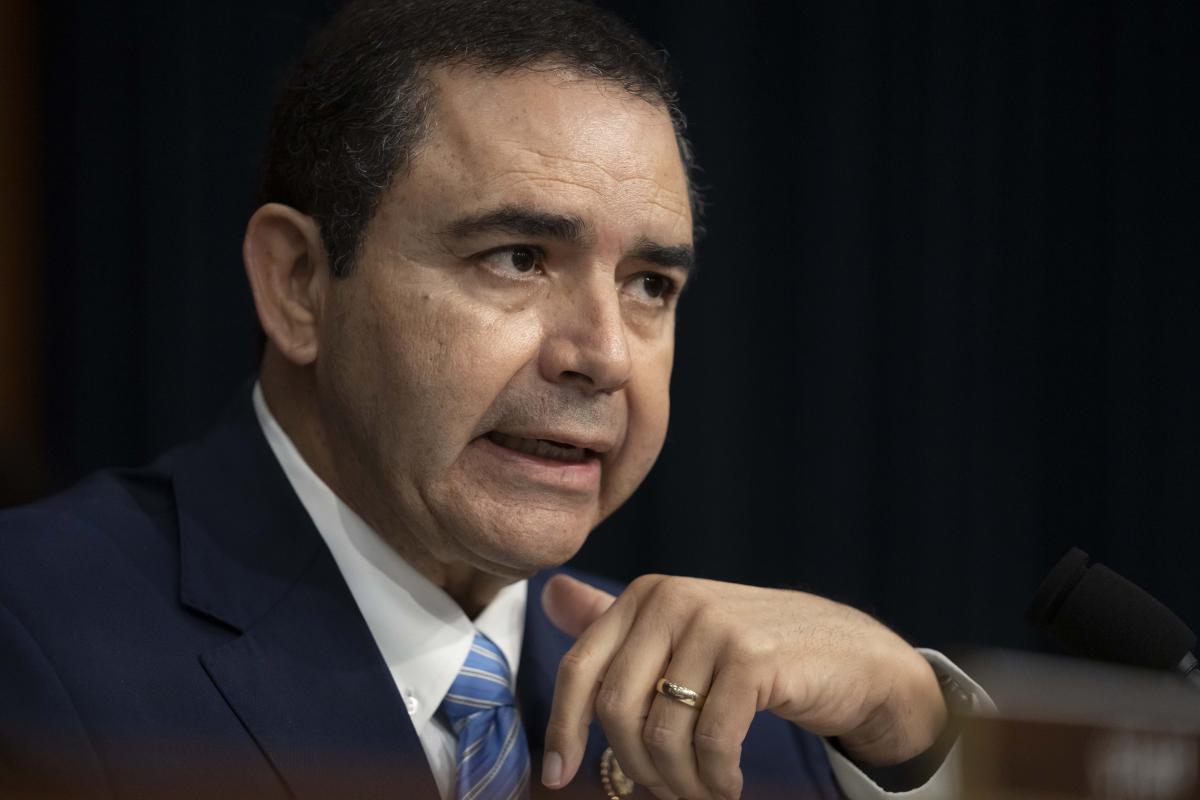The Bill and Melinda Gates (BMG) Foundation Trust had $42 billion invested across 24 stocks as of the fourth quarter, but 51% of that sum was concentrated in two positions: 34% in Microsoft (NASDAQ: MSFT) and 17% in Berkshire Hathaway (NYSE: BRK.A) (NYSE: BRK.B).
What makes the BMG Foundation Trust noteworthy is its 41% return during the three-year period that ended in December 2023. The S&P 500 (SNPINDEX: ^GSPC) returned just 33% during the same time frame. Much of the BMG Foundation Trust’s outperformance can be attributed to its largest holdings.
Indeed, Microsoft and Berkshire have been brilliant investments over the last three year, returning 74% and 54%, respectively. Here’s what investors should know about those stocks.
Microsoft: 34% of the Bill and Melinda Gates Foundation Trust
Microsoft reported third-quarter financial results that beat Wall Street’s expectations on the top and bottom lines. Revenue increased 17% to $61.9 billion on particularly strong sales growth in enterprise software and cloud services, partly driven by demand for artificial intelligence (AI) products. Meanwhile, GAAP net income jumped 20% to $2.94 per diluted share because of disciplined expense management and stock buybacks.
Going forward, the bull case for Microsoft centers on its strong presence in enterprise software and cloud computing. Specifically, Microsoft accounted for 18% of commercial software sales in 2023, and its market share is projected to surpass 21% by 2027, according to Morgan Stanley. Its strong presence in office productivity and enterprise resource planning software is the foundation of that dominance, though its recent launch of generative AI copilots should help drive share gains.
Microsoft Azure still trails Amazon Web Services (AWS) in cloud infrastructure and platform services revenue. However, Azure gained 2 percentage points of market share over the last year, and investments in AI products could drive more share gains in the future. Indeed, more than 65% of Fortune 500 companies use Azure OpenAI Service, a platform that lets businesses customize large language models from OpenAI and build generative AI applications. Additionally, recent CIO survey from Morgan Stanley found that Microsoft is the cloud services company most likely to gain market share over the next three years.
Looking ahead, the enterprise software and cloud services markets are forecasted to grow at annual rates of 13.7% and 14.1%, respectively, through 2030. Meanwhile, Wall Street expects Microsoft to grow earnings per share at 14% annually over the next three to five years. The problem is valuation. Shares currently trade at 35.4 times earnings, a premium to the three-year average of 32.4 times earnings. Personally, I would keep this stock on my watchlist for now. I would feel comfortable buying shares if the valuation dropped to its three-year average.
Berkshire Hathaway: 17% of the Bill and Melinda Gates Foundation Trust
Berkshire Hathaway reported strong financial results for the first quarter. Revenue increase 5% to $89.8 billion and GAAP earnings declined 64% to $5.88 per diluted share (for Class B shares). However, that decline was due to significant investment gains in the prior year. Operating earnings (which exclude those gains) surged 39% during the first quarter, beating even the highest estimate among Wall Street analysts.
Going forward, the bull case for Berkshire is threefold. First, it ranks as one of the largest property and casualty insurers in the world, meaning it consistently collects substantial capital (in the form of premiums) that can be invested into stocks and bonds. Second, CEO Warren Buffett has demonstrated his ability to earn excellent returns on invested capital. For instance, Berkshire’s book value per share has increased at 11% annually over the past decade.
Third, Berkshire owns dozens of subsidiaries that span freight rail transportation, utilities, energy, and manufacturing. That diversity makes its business quite resilient during economic downturns. Since 1980, Berkshire stock has outperformed the S&P 500 by a median of 4.4 percentage points during recessions and 14.9 percentage points during bear markets, according to Bespoke Investment Group.
Going forward, CFRA analyst Catherine Seifert expects Berkshire to grow operating earnings per share at 12% annually over the next three years, while Stephen Biggar at Argus expects the company to grow operating earnings per share at 12% annually over the next five years. Against those estimates, the current valuation of 21.7 times operating earnings seems reasonable.
Indeed, Warren Buffett remains confident that Berkshire can outperform the S&P 500 in the coming years, albeit modestly. “Berkshire should do a bit better than the average American corporation and, more important, should also operate with materially less risk of permanent loss of capital,” he wrote in his most recent shareholder letter.
Where to invest $1,000 right now
When our analyst team has a stock tip, it can pay to listen. After all, the newsletter they have run for two decades, Motley Fool Stock Advisor, has more than tripled the market.*
They just revealed what they believe are the 10 best stocks for investors to buy right now… and Microsoft made the list — but there are 9 other stocks you may be overlooking.
*Stock Advisor returns as of May 6, 2024
John Mackey, former CEO of Whole Foods Market, an Amazon subsidiary, is a member of The Motley Fool’s board of directors. Trevor Jennewine has positions in Amazon. The Motley Fool has positions in and recommends Amazon, Berkshire Hathaway, and Microsoft. The Motley Fool recommends the following options: long January 2026 $395 calls on Microsoft and short January 2026 $405 calls on Microsoft. The Motley Fool has a disclosure policy.
Billionaire Bill Gates Has 51% of His Portfolio Invested in 2 Brilliant Stocks was originally published by The Motley Fool








